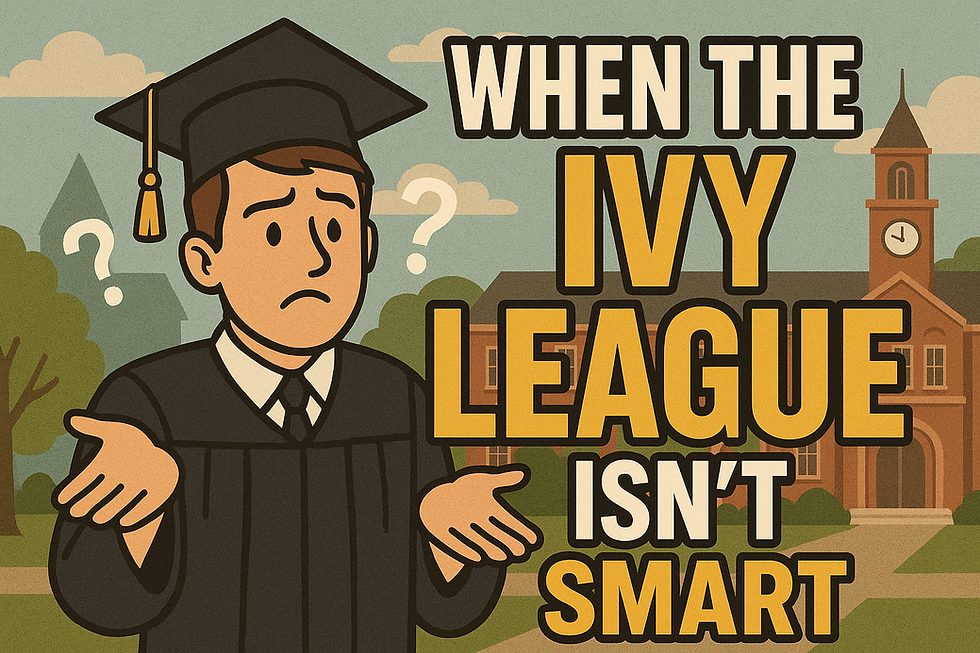When Ivy League Theory Collides With Real-World Safety: The Case of AB 1333
- Aug 23, 2025
- 2 min read
When Ivy League Theory Collides With Real-World Safety: The Case of AB 1333

California Assemblymember Rick Chavez Zbur, a Harvard Law graduate and longtime civil rights advocate, introduced AB 1333 earlier this year with the goal of clarifying when homicide could be considered justifiable self-defense. His intent was to prevent individuals from provoking confrontations and then claiming self-defense after escalating situations. On paper, the proposal seemed like a careful effort to close loopholes and encourage de-escalation.
The reaction, however, revealed a different reality. Critics argued the bill failed to account for the split-second decisions people face during an attack or threat. By narrowing the justifications for deadly force and requiring retreat in certain scenarios, the measure risked penalizing individuals genuinely defending themselves or their families. What looked reasonable in a legal brief did not fully translate to the unpredictability of real-life encounters.
This episode underscores a larger point: an Ivy League education does not automatically equate to pragmatic policymaking. Elite universities cultivate strong legal reasoning, but their frameworks often lean toward theory, moral philosophy, and controlled scenarios. Laws that appear sound in an academic setting can falter when applied to the complexities of daily life.
AB 1333’s withdrawal is less an indictment of Zbur’s intelligence than a sign of mismatch between elite legal training and the lived realities of public safety. Citizens need policies that respect their instinct to survive, not rules that may second-guess them under duress.
The case demonstrates that policymaking requires more than academic pedigree. It demands grounding in everyday human behavior, empathy for unpredictable circumstances, and a recognition that theory must sometimes give way to survival. AB 1333 stands as a reminder that while Ivy League credentials can open doors, they do not guarantee practical solutions for the people those policies are meant to serve.




















Comments